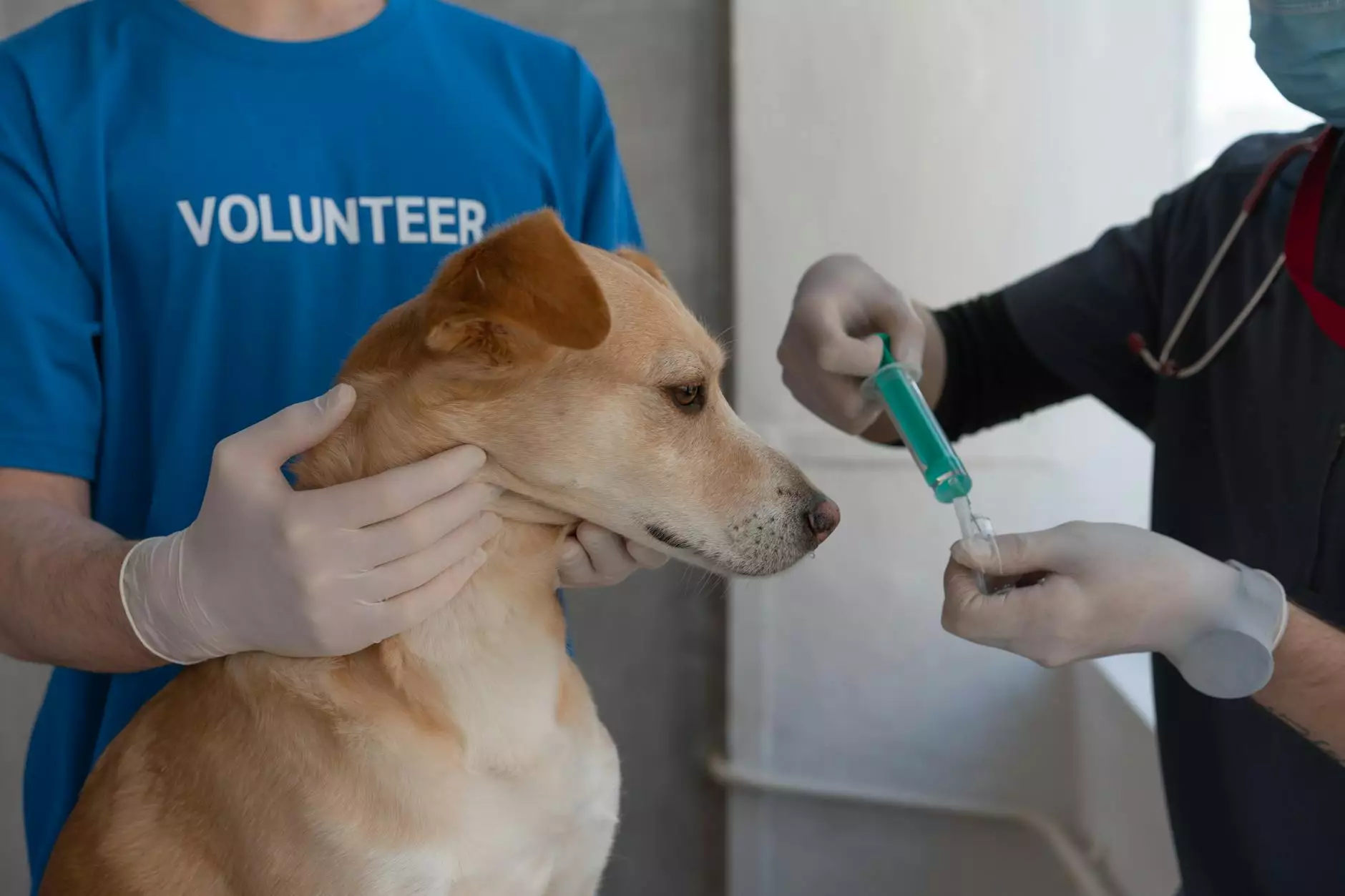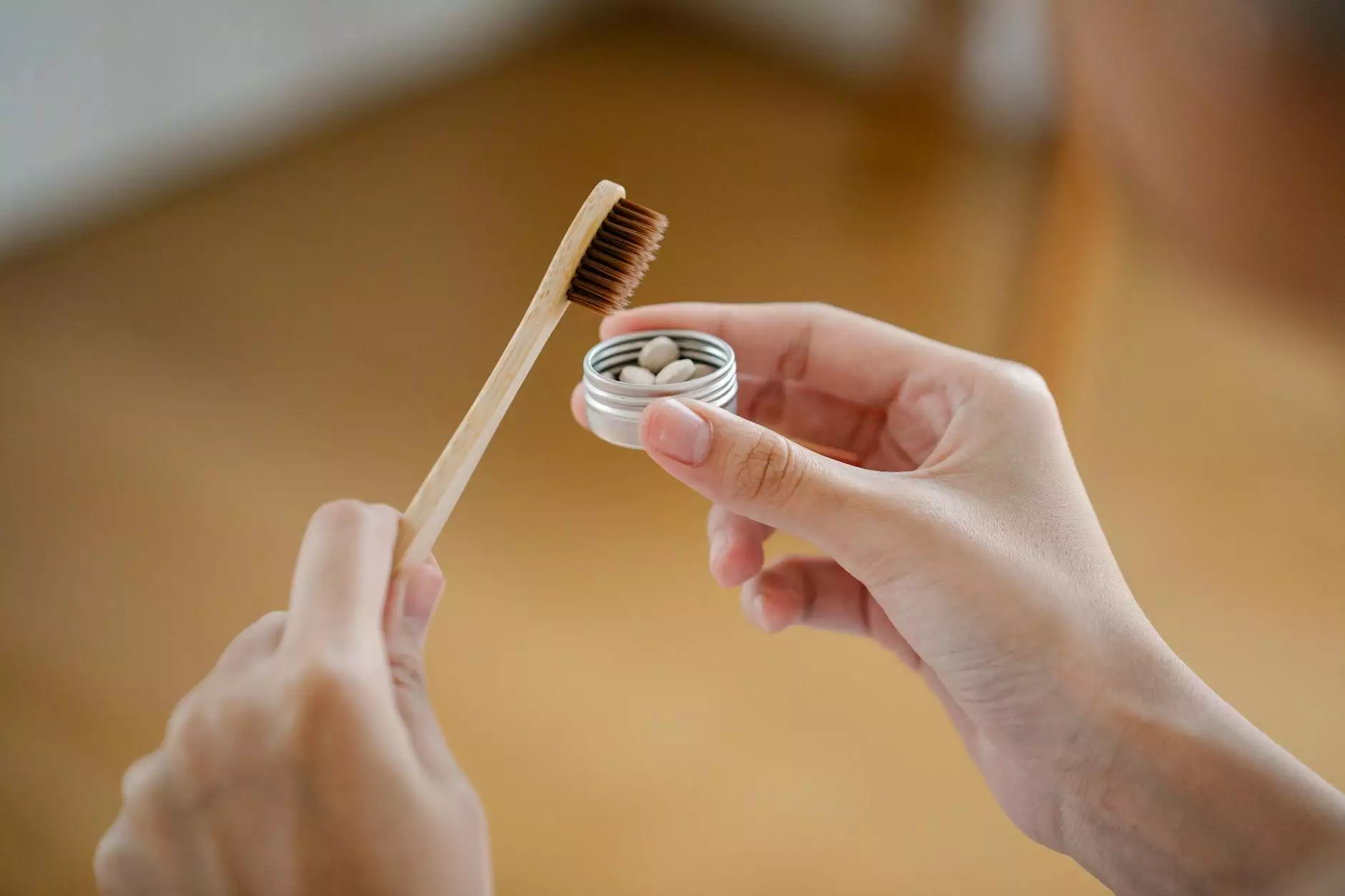Understanding the Role of the Doctor of the Veins

In today's fast-paced world, health is a top priority for many. When it comes to vascular health, the term "doctor of the veins" emerges as a critical designation within the medical community. Understanding what a doctor of the veins does can empower patients to make informed decisions about their healthcare. This extensive article delves into the nuances of vascular medicine, the importance of these specialists, and how they contribute to overall health.
What is a Doctor of the Veins?
A doctor of the veins primarily refers to a medical professional who specializes in the diagnosis and treatment of conditions affecting the vascular system—specifically veins. These specialists, often known as vascular surgeons or phlebologists, focus on the management of disorders such as varicose veins, deep vein thrombosis, and venous ulcers. Their expertise is crucial for maintaining proper blood circulation and preventing more severe complications associated with vascular issues.
The Importance of Vascular Health
The vascular system plays a vital role in overall health. It consists of arteries, veins, and capillaries that transport blood throughout the body. Poor vascular health can lead to numerous complications, including:
- Varicose Veins: Enlarged, twisted veins that can cause pain and discomfort.
- Deep Vein Thrombosis (DVT): A serious condition where blood clots form in the veins deep within the body, often in the legs.
- Chronic Venous Insufficiency: A condition where the veins fail to properly channel blood back to the heart, resulting in swelling and skin changes.
- Peripheral Artery Disease: A common circulatory problem in which narrowed arteries reduce blood flow to the limbs.
- Venous Ulcers: Open sores that occur when veins cannot pump enough blood to the heart, leading to tissue damage.
Roles and Responsibilities of a Doctor of the Veins
The role of a doctor of the veins extends far beyond just treating existing conditions. Their responsibilities include:
- Diagnosis: Accurately diagnosing vascular conditions through physical examinations, ultrasounds, and other imaging techniques.
- Treatment Plans: Developing individualized treatment plans that may include lifestyle changes, medication, or surgical interventions.
- Patient Education: Educating patients about their conditions, treatment options, and preventive measures to enhance vascular health.
- Research and Innovation: Staying abreast of the latest advancements in vascular medicine and applying them to improve patient care.
When to See a Doctor of the Veins
Recognizing when to consult a doctor of the veins is essential for preventing potential complications. Patients should seek specialized care if they experience:
- Visible, swollen veins on their legs or feet.
- Persistent pain, aching, or heaviness in the legs.
- Skin changes, such as discoloration or sores on the legs.
- Swelling in the ankles or feet, especially after prolonged sitting or standing.
- Family history of vascular disease or conditions.
Common Treatments Provided by a Doctor of the Veins
A doctor of the veins employs various treatment methods to address different vascular conditions, including:
- Compression Therapy: The use of specialized stockings that apply pressure to the legs, improving blood circulation.
- Medication: Prescribing anticoagulants or other medications to manage symptoms or prevent complications.
- Endovenous Laser Treatment (EVLT): A minimally invasive procedure that uses laser energy to close off varicose veins.
- Vein Stripping: A surgical procedure to remove varicose veins when other treatments are ineffective.
- Sclerotherapy: A procedure where a chemical solution is injected into varicose veins, causing them to collapse and fade away.
The Future of Vascular Medicine
With advancements in technology and medicine, the scope of what a doctor of the veins can do is continuously evolving. Innovations in minimally invasive surgical techniques and improved imaging technologies have enhanced diagnostics and treatment options, leading to better patient outcomes. In addition, increasing awareness about vascular health is crucial to educating the public on preventive measures.
Importance of Choosing the Right Specialist
Selecting the right doctor of the veins involves considering several factors:
- Credentials: Ensure that the specialist is board-certified in vascular medicine or surgery.
- Experience: Look for a physician with extensive experience in treating specific conditions relevant to your needs.
- Patient Reviews: Consider feedback from other patients regarding their experiences with the doctor.
- Approachability: A good doctor should communicate clearly, answer your questions, and respect your preferences.
Conclusion
The role of a doctor of the veins is critical in managing and treating vascular conditions, which are essential to maintaining overall health. By understanding the services and expertise these specialists provide, patients can be empowered to take charge of their vascular health. If you have any concerns about your vascular system, consulting a qualified doctor of the veins is a crucial step toward ensuring optimal health and well-being.
Contact Us for Expert Vascular Care
If you are in need of a doctor of the veins, look no further than Truffles Vein Specialists. Our team of experts is dedicated to providing comprehensive care tailored to your individual needs. Visit our website or call us today to schedule your consultation!









